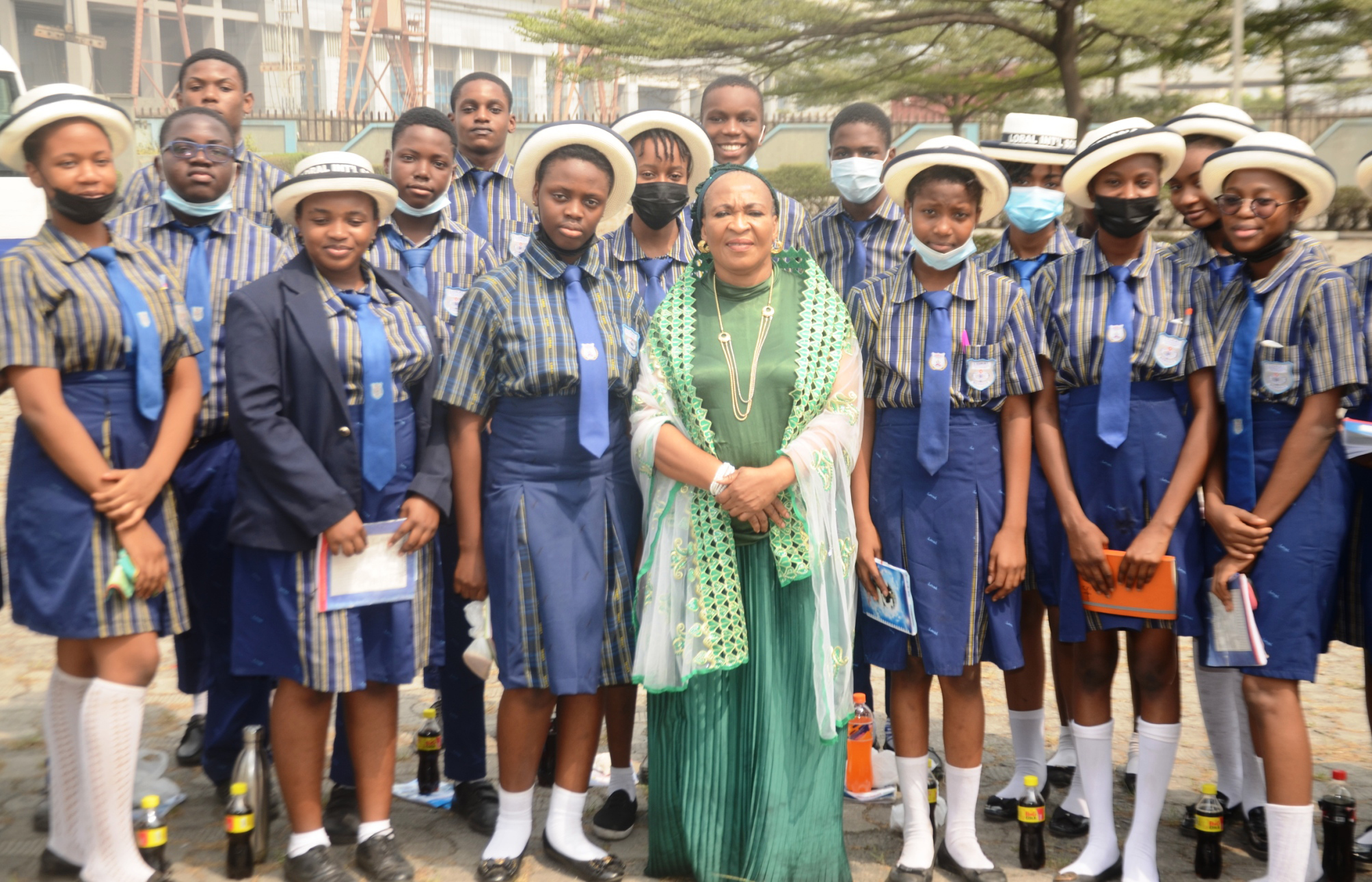Education
1.6m To Sit For 2023 May/June WASSCE …As Exam Begins Today

This year’s May/June West African Senior School Certificate Examination (WASSCE) begins today, May 8th with a total of 1,621,853 candidates from 20,851 secondary schools across the country expected to participate in the exercise.
The head of the National Office of West African Examinations Council (WAEC) Nigeria, Mr Patrick Areghan, made this disclosure at a news conference last Thursday in Lagos.
He said out of the total number of candidates expected, 798,810 (representing 49.25%) are males while the rest are females, meaning that females sitting for the exam are more than males just like that last year.
He said candidates would be examined in a total of 76 subjects and up to 30,000 teachers from various secondary schools nominated by the various state ministries of education would serve as supervisors.
Declaring that the exam would take place as planned across the states of the federation and the federal capital territory, Areghan noted that WAEC had made a solid arrangement with security agencies including the Police and soldiers to provide security around schools, particularly in insecurity-prone areas.
He equally explained that even though candidates were expected to register with their National Identification Numbers as a policy of the Nigerian government, the council had not because of that denied any candidate without it from registration.
He, however, decried the non-compliance by some schools particularly the privately owned ones with registration deadlines.
According to him, many of them slowed down our registration deadline process as they come up with requests for extensions now and then so as to enable them to smuggle in external candidates which is against the rules of the May/June school-based examination.
“Some of them are also fond of uploading fictitious Continuous Assessment Scores of students to the CASS Portal but we will beat them to it by using our Scaling method during grading,” he noted.
Areghan warned all candidates and their parents, schools, exam officials and the operators of the so-called ‘miracle centres’ and ‘rogue websites’ against indulging in any form of malpractice in the examination.
He said WAEC as an institution has zero tolerance for misconduct, especially cheating, in its various exams and would not spare anyone found culpable of the act.
He, however, asked the students to go online on their own using a dedicated address given as https://request.waec.ng to check the data uploaded on their behalf by their schools to confirm their correctness and effect correction if there is any error.
He said it is far better and easier to do so now than to wait till during or after the exam when such would be very difficult and may attract a fee.
He said the results of the exam, which is expected to end on June 23rd, would certainly be released after 45 days of the last paper.
Education
Elga boss tasks law students on academics strides

Education
Association harps on importance of mother tongue in society

Education
UNIPORT Hails Odusote’s Historic Appointment as First Female Director-General of Nigerian Law School

-

 Education5 days ago
Education5 days agoElga boss tasks law students on academics strides
-

 News2 days ago
News2 days agoAmend Constitution To Accommodate State Police, Tinubu Tells Senators
-

 Politics2 days ago
Politics2 days agoSenate Urges Tinubu To Sack CAC Boss
-

 News2 days ago
News2 days agoDisu Takes Over As New IGP …Declares Total War On Corruption, Impunity
-
Business2 days ago
President Tinubu Extends Raw Shea Nuts Export Ban To 2027
-
Business2 days ago
Crisis Response: EU-project Delivers New Vet. Clinic To Katsina Govt.
-
Business2 days ago
President Tinubu Approves Extension Ban On Raw Shea Nut Export
-

 Business2 days ago
Business2 days agoPENGASSAN Rejects Presidential EO On Oil, Gas Revenue Remittance … Seeks PIA Review

